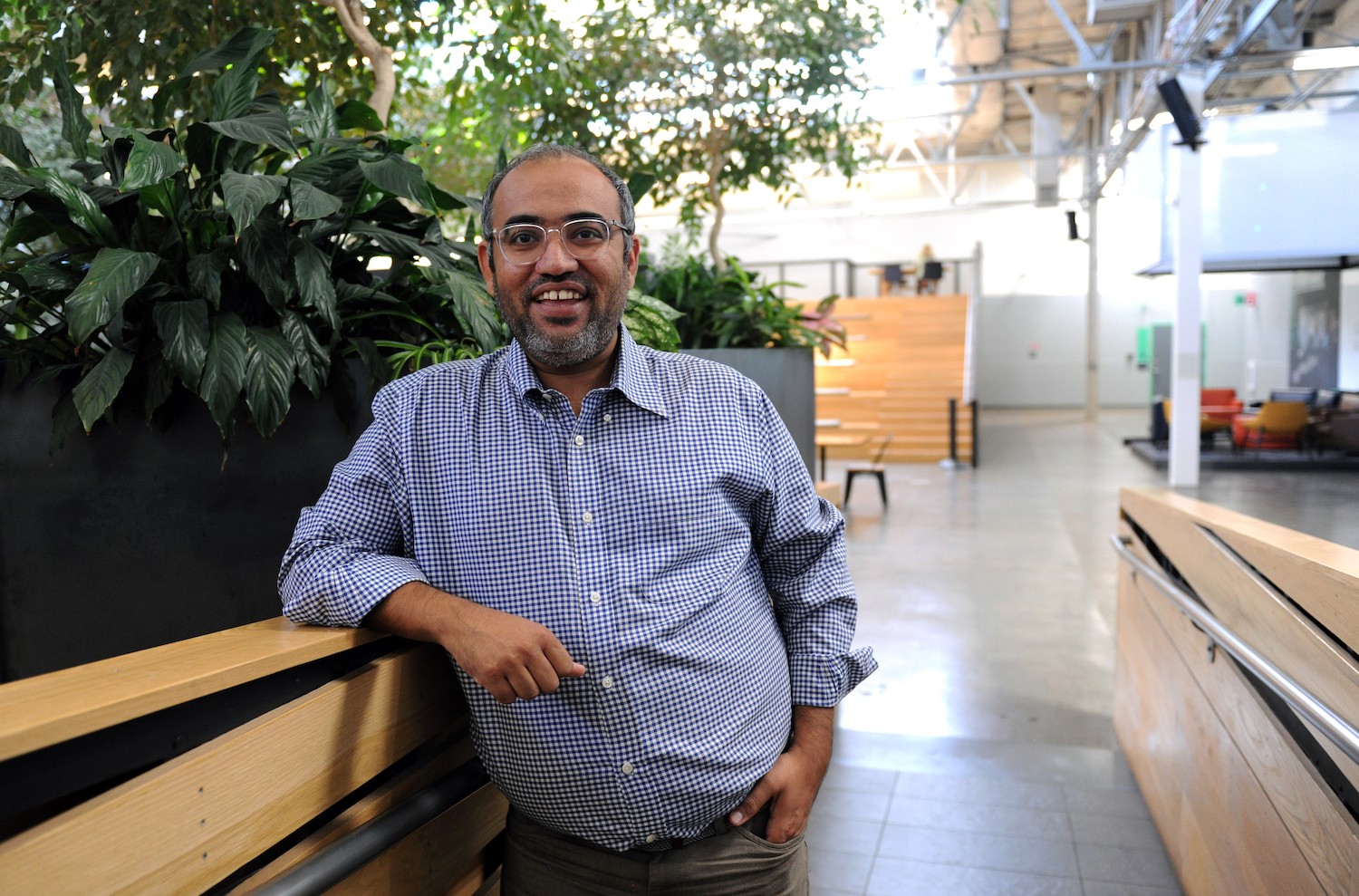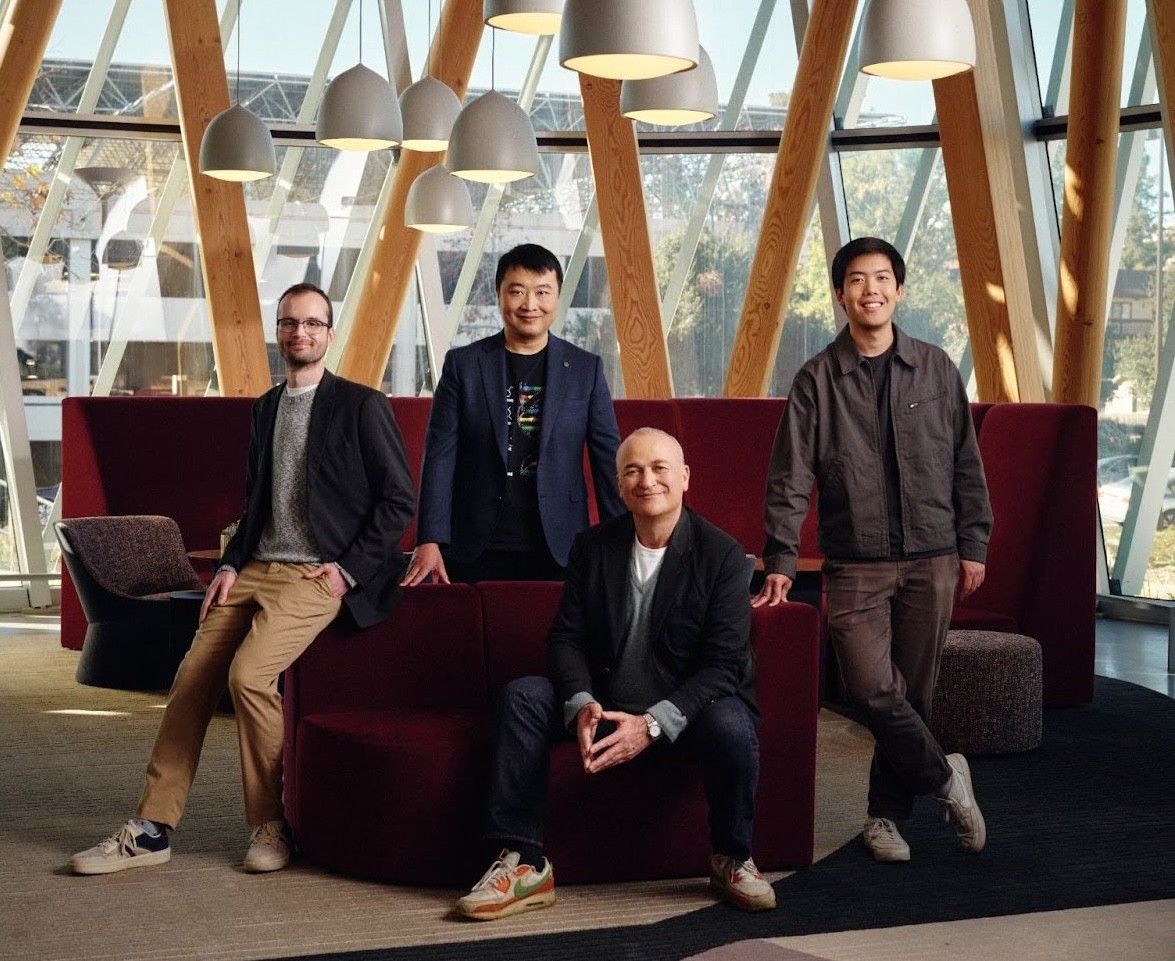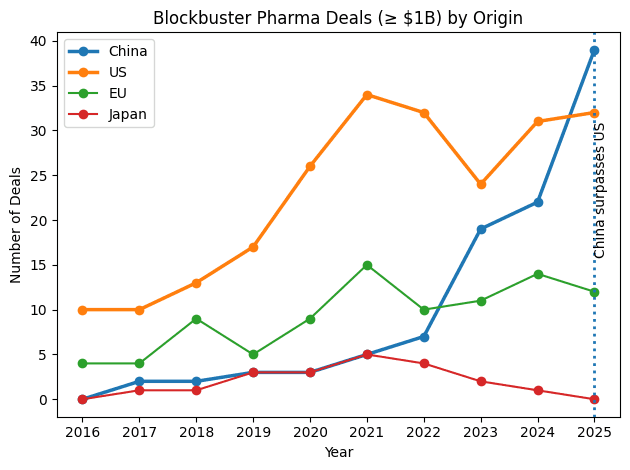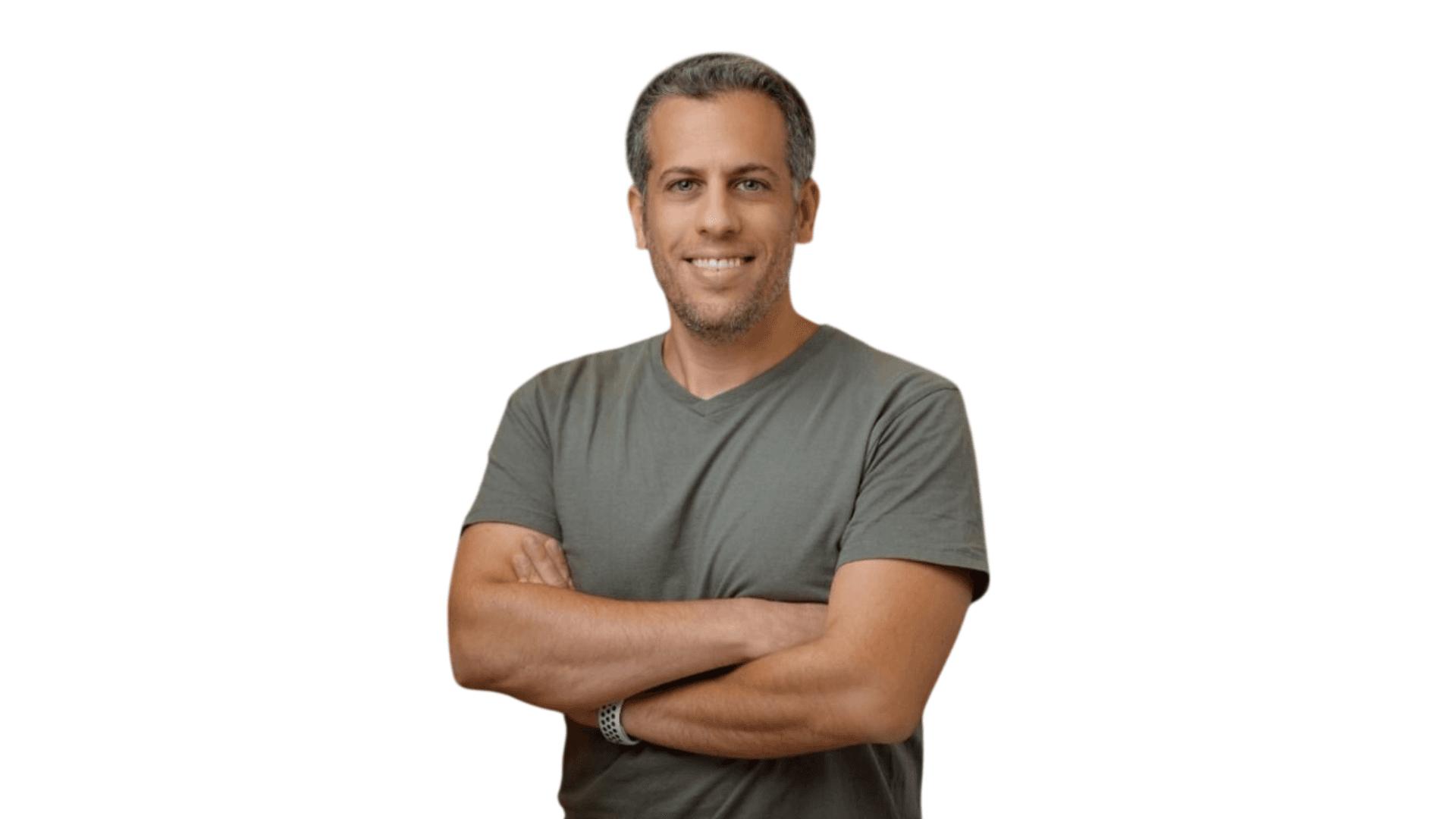Aanika Biosciences is Accelerating the Adoption of Synbio Through Insurance
The new business model will help commercialize synthetic biology by insuring new technologies
AI Image Created Using DALL-E
Synthetic biology is disrupting many industries—from fashion to construction. But now, one company wants to disrupt the business model by introducing synthetic biology solutions into existing industries—such as food distribution and agriculture—by bringing the insurance component into the synbio ecosystem. A synthetic biology startup, Aanika Biosciences, Inc., is announcing the launch of Aanika Insurance Services (AIS), an insurance subsidiary that uses lower-cost insurance to incentivize the use of biologics in the food system.
Aanika sells coverage to farmers, distributors, and retailers with faster payouts and lower premiums but requires the use of various risk-mitigating technologies and more frequent sampling. The company recently signed a distribution deal with Western Growers Insurance Services to reach even more potential customers. I spoke with Vishaal Bhuyan, the founder and CEO of Aanika Biosciences, to learn more about his company’s unique approach to commercializing and scaling synthetic biology innovation.
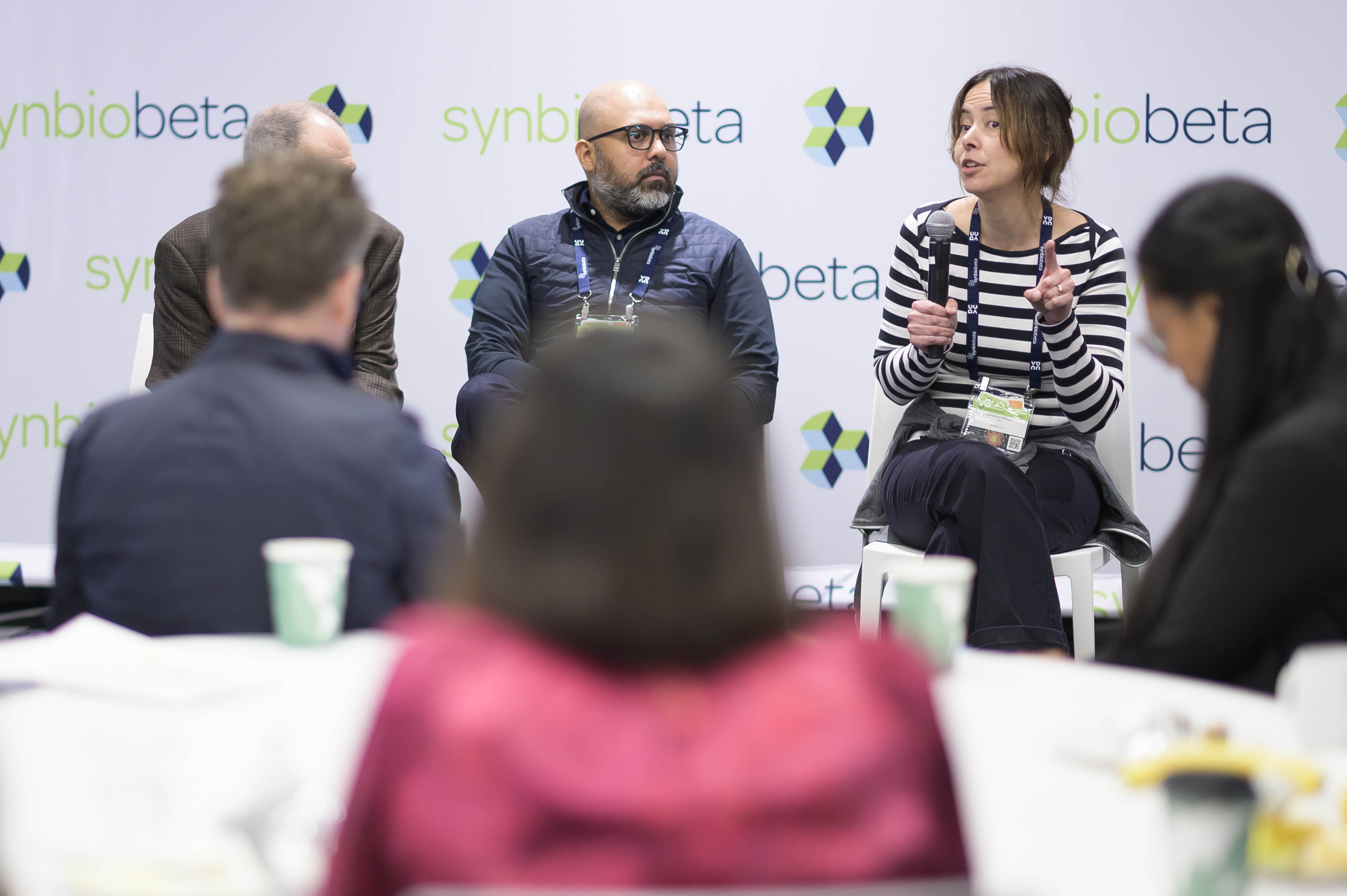
Bhuyan came to the world to synbio from Wall Street. In 2016, he started a snack company as a side hustle. To make the product, he had to import ingredients from India and quickly ran into the problem of the lack of traceability in food supply chains. He spotted that unmet need and decided to look for a solution in synthetic biology.
After taking a Biohacking 101 class at Brooklyn-based Genspace, where he met his co-founder Ellen Jorgensen (who started Genspace), Bhuyan founded Aanika. The company uses a genetic barcoding technology packaged neatly inside food-grade Bacillus spores. With these molecular “tags,” you can easily mark and trace food’s journey through supply chains, so you never have to wonder where your produce came from. The use of this technology can reduce investigation times in a food recall scenario, for example, or verify the use of various crop protection measures, which helps process insurance claims faster.
Spotting Opportunity
As a newly minted synbio entrepreneur with a fresh perspective on the industry, Bhuyan quickly identified one of the biggest problems in synbio: although there are a lot of companies with cool technologies, the adoption of those technologies is lagging behind.
“It's hard to get commercial adoption of biotechnology because customers don't understand it,” says Bhuyan. “They don't understand any of the science behind it, and they end up doing tons of field trials or not adopting the technology at all.”
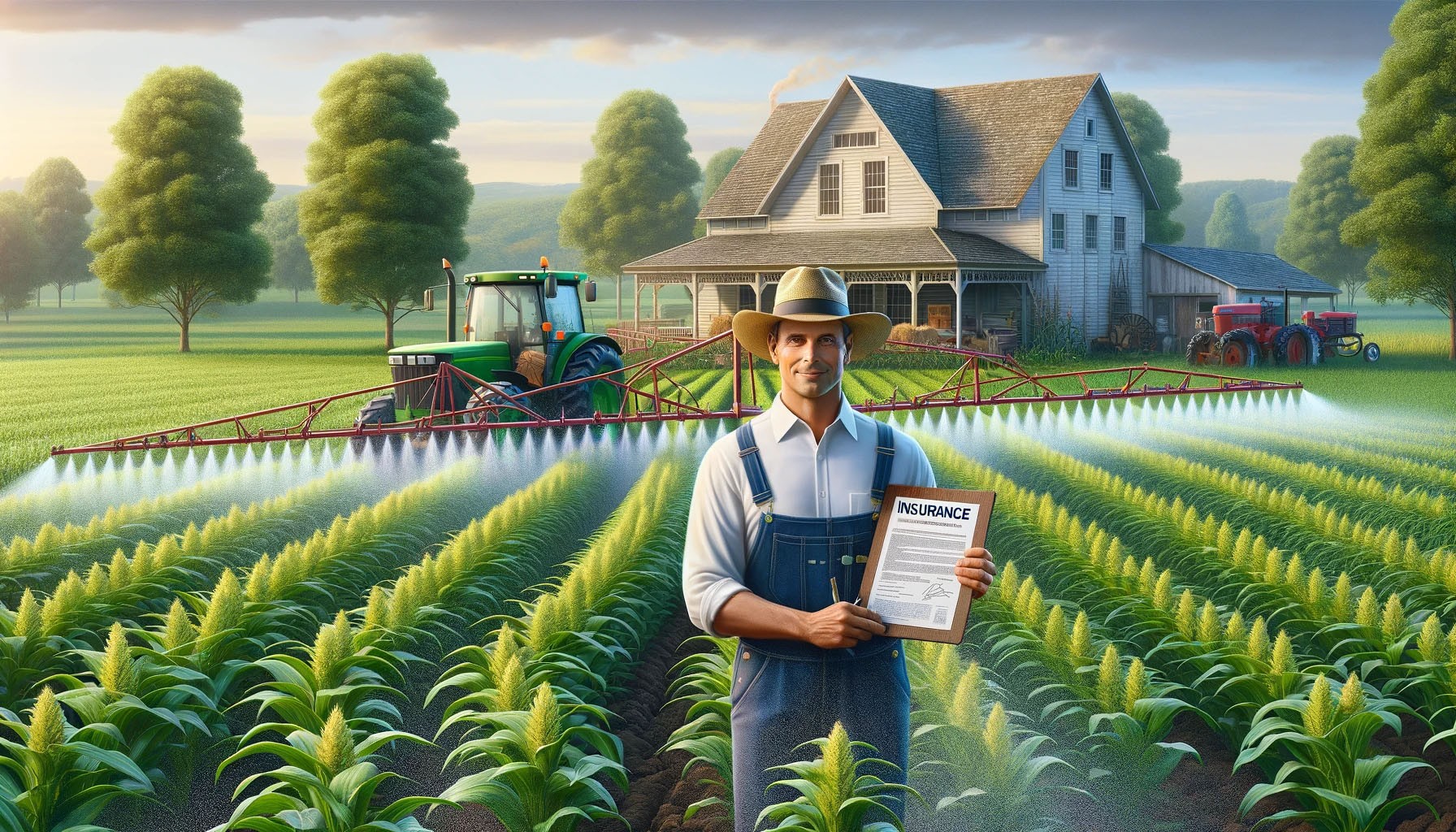
Aanika came up with a brilliant solution: What if you could provide potential customers with insurance that the synbio solutions they are adopting are actually going to work? They devised an entirely new business model and created a subsidiary company, Aanika Insurance Services, LLC.
"We don't sell biology to the customer,” explains Bhuyan. “We sell insurance policies to the customer and then use our biotech to mitigate the risk of the claim.”
Aanika is not only doing this with their own technology, but they now have a growing pipeline of other synbio and ag tech companies for which they design insurance policies. “We do the vetting of the technology and basically take out the adoption risk,” says Bhuyan.
He gives an example of how this approach can help synbio companies. Let's say you are a synbio company that has developed a novel insecticide you can spray on potatoes. Annika understands the value of this technology and the science of how it works. They replicate the studies to vet technology. Then, they write an insurance policy for the farmers, giving them a better rate if they agree to adopt this technology. Aanika essentially acts as the clearing house between the technology and the customer.
This approach helps synthetic biology companies demonstrate the value of their technology in real-world applications. For the farmers, it provides significant benefits, too. For example, in a food recall insurance claim, it can take up to a year to get the payout because the insurance company has to go through all the records to figure out where the contaminated product came from.
“We mandate that farmers spray our tags onto their crop, so we can provide the farmer with a faster payout because we can identify who's involved faster,” says Bhuyan. “We can also give them a better rate on insurance that other competitors can't match.”

Thinking Big
Aanika is scaling its business not only by expanding the distribution network for its insurance platform but also by helping synbio companies commercialize their technologies. They just opened up a 27,000-square-foot facility in Industry City in Brooklyn, with a $800,000 investment from the New York City Economic Development Corporation (NYCEDC). The facility offers a cGMP fermentation space for manufacturing products, as well as subletting lab space to startups.
“We can help companies with promising technologies manufacture their products and commercialize them in an entirely new way,” says Bhuyan.
Aanika has created a new model for biotech: one that is focused on results. They pride themselves on their practical approach and disciplined spending, which has allowed them to accomplish a lot with the money they have raised so far.
“This really encapsulates our focus on commercialization and practicality,” says Bhuyan. “For us, it’s about the application of science and not science for the sake of itself. We look at this whole thing as an actual business. And I think that's what this industry needs.”

